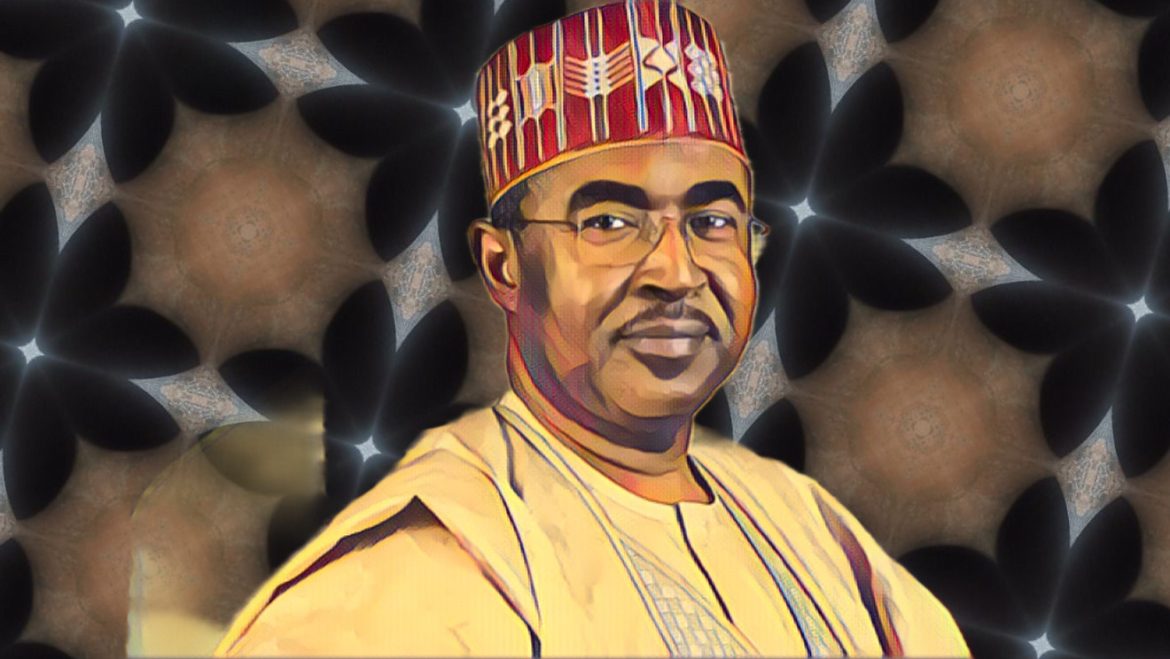Despite relentless efforts by the National Drug Law Enforcement Agency (NDLEA) to combat drug trafficking in Nigeria, the illicit drug trade continues to thrive. Between 2021 and 2023, NDLEA’s robust actions led to the arrest of 48,157 individuals involved in drug-related offences, including 46 high-profile drug barons, with 8,350 offenders successfully prosecuted and convicted. The agency also confiscated 7,500 tonnes of illicit drugs and eradicated 1,057 hectares of Indian hemp farms. However, the persistence of drug cartels raises questions about the effectiveness of current strategies and highlights systemic issues in the fight against drug trafficking.
Brig. Gen. Buba Marwa (retd), Chairman of the NDLEA, shared these figures during a visit from the UN Deputy Secretary-General, Amina Mohammed, in Abuja. Marwa’s disclosure underscores the scale of the challenge and the agency’s commitment to stemming the tide of drug trafficking. However, analysts and stakeholders point to corruption within the NDLEA and other law enforcement bodies, the government’s lack of political will to target the “main drug barons,” and systemic issues as significant hurdles in the fight against drug trafficking.
Senator Iroegbu, a security editor, criticized the government’s reluctance to confront influential drug lords, likening the drug trade to a tree where the visible roots are targeted, but the deep-seated taproot—the kingpins—remains untouched. This analogy highlights the futility of arresting low-level operatives without addressing the leadership and financial backbone of the drug cartels.
Echoing this sentiment, Certified Protection Officer Frank Oshanugor identified four principal reasons for the increase in drug trafficking: the venture’s high profitability and low risk, rampant unemployment, ostentatious lifestyles by those in power, and deficiencies in the criminal justice system. Oshanugor also accused the NDLEA’s state and airport commands of pervasive corruption, undermining the agency’s efforts.
Security expert Chukwukasi Oji and Comrade Emmanuel Onwubiko, National Coordinator of the Human Rights Writers Association (HURIWA), acknowledged the NDLEA’s successes under Marwa’s leadership but emphasized the complexity of the drug trafficking problem and the necessity for a multifaceted approach.
The NDLEA Celebrity Drug-Free Club’s National Coordinator, Mr Wilson Ighodalo, outlined factors contributing to the growth of drug cartels despite arrests, including leadership vacuums, global demand for drugs, corruption, and the cartels’ adaptability and resilience. These factors underscore the challenges in dismantling drug trafficking networks.
In response to these challenges, NDLEA’s Director of Media and Advocacy, Mr. Femi Babafemi, reiterated the agency’s commitment to closing the drug pipeline by implementing the National Drug Control Master Plan (NDCMP) 2021-2025. The plan focuses on enforcement, advocacy, treatment, and rehabilitation, aiming to reduce drug demand and trafficking. Babafemi highlighted NDLEA’s extensive advocacy campaigns and partnerships with international counterparts as part of a holistic strategy to address the drug menace.
The enduring struggle against drug trafficking in Nigeria reflects the need for comprehensive strategies that address the root causes of drug demand and supply. While the NDLEA has made significant strides under Marwa’s leadership, the ongoing growth of drug cartels signals the necessity for sustained efforts, systemic reforms, and international cooperation to effectively combat this global challenge.
Source: The Guardian


